Search Marketing, Organic or Paid For Your SaaS?
Last Updated: March 16, 2021
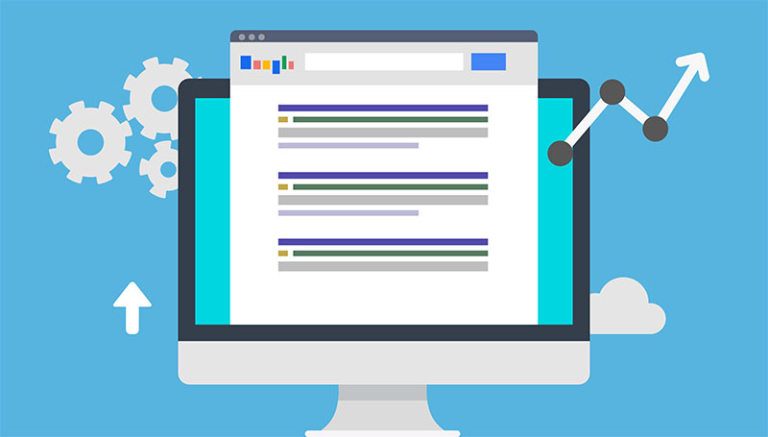
Nothing embodies the metaphor of the Tortoise and the Hare better than the relationship between SEM, SEO and PPC. Search engine marketing (SEM) is the practice of developing a market for search traffic to your website. Content marketing builds long term organic growth using content and is often paired with search engine optimization (SEO). Short term Pay Per Click campaigns (PPC) help you buy your way to the top of the results for competitive keywords. Which one is right for your SaaS? In this article we will discuss the relationship between these tactics and how they can combine to an effective search marketing strategy.
Search Engine Marketing (SEM)
Search engine marketing is the overarching concept of developing a stream of inbound search engine traffic to your website. Don’t be fooled by the fact that marketing is included in the phrase though. Search traffic to pages other than sales pages can be just as valuable as the promotion of a product or service on your website. A well written FAQ page on a search optimized website can help current customers find answers to questions in a self service manner (reducing support costs) and can also help generate new leads by showcasing your customer support abilities.
Try not to think of search engine marketing as selling your product or service via search engines. Think of it more as selling the information on a web page to someone searching on Google, and the only way for them to buy is with a click!
There are two ways to a get a click: organically or, alternatively, by paying for one. Let’s look at each a bit further.
Organic Clicks (SEO)
Search engine spiders will naturally crawl your website, index its content and display the content in a search engine results page when relevant to the search. It’s free to create content and get indexed by Google but this oversupply of available search results that everyone wants to be at the top of creates a bit of a popularity contest. It takes time to build up your internet reputation before enough people will start casting votes for you to be at the top of the search results.

Because of this, many businesses focus almost exclusively on paid advertising. SEO takes time and paid advertising can generate immediate results. There are several reasons this is a mistake though. For one, there is a significant number of internet users that use ad blockers and therefore will never see your ad. Right now the number is between 15-25% but that has been steadily rising, especially among those younger than 45. Research has also shown that a substantial number of people scroll past ads to the organic search results. The average click through rate for ads is under 5% and organic results click through rates are closer to 40%.
The numbers don’t lie and the takeaway is this: effective search marketing campaigns must incorporate SEO and consider the long term impact of willfully ignoring a substantial portion of digital consumers.
Monthly blogging on educational topics that are common customer sales or support questions is one of the best ways to attract organic search engine traffic and grow your organic sales funnel. Businesses should ensure they are maximizing the value of the content created by publishing it on their website and promoting it via social media and email marketing campaigns. This integrated approach increases the chances of success of organic efforts. Content promotion is a great way to earn backlinks and shares which strengthen your website’s ability to rank higher in search results.
Paid Search (PPC)
Organic efforts often take 6-12 months to start generating a stable flow of inbound traffic and for new startups, or established businesses entering new markets, this timeline can be infeasible to wait for results. Therefore, allocating a portion of search marketing budgets to PPC campaigns is an effective way to stimulate demand.
There are an overwhelming number of platforms these days to advertise on and they all have various audiences and demographics. An experienced marketing consultant can analyze your specific market characteristics and compare those with platform demographics to develop a plan of attack.
On a more general level you can’t go wrong with Facebook and Google. These two platforms have the largest user bases and are the most developed advertising platforms.
Facebook advertising is going to be a lower converting platform for many businesses, but the cost per click is substantially cheaper than most alternatives which makes it a great place to experiment, collect data, and gain an understanding of what resonates with your digital market so you can take that information and apply it to more expensive, higher converting platforms such as Google or LinkedIn.
Like our insights?
Subscribe to our email list, and get the latest posts straight to your inbox.
Search Marketing and Data
One of the greatest things about search marketing campaigns is the data that becomes available from launching one. From and SEO and content marketing perspective it might surprise you what sort of attention you’ll attract when you post an article. Often times you will generate impressions and clicks for keywords you never thought would generate interest when you created the content. This sort of unplanned inbound traffic can help you refine your product and service offerings.
Pay per click campaigns can also be invaluable because they can help you answer questions such as:
- What offers are resonating with your audience?
- What are the demographics of your audience?
- What price points are attracting interest?
- Are my customers price sensitive or quality focused?
- Who do they want to do business with? How do we define our company culture?
Split testing paid search campaigns is a fantastic way to get data to help you drive offline and digital improvements to your business. It also becomes markedly cheaper to test out business hypothesis compared to what it was 20 years ago. There are a lot of insights in those click through rates!
Conclusion
Search marketing is a deep topic and is not easy to tackle, but it can be very rewarding. If you can convince strangers to consider your SaaS product in 300 words or less with a search query or PPC advertisement then you’re on the right track to growth and scalability.
Search marketing requires a two pronged attack. Effective campaigns will include attention to both SEO, organic content growth, and pay per click campaigns.

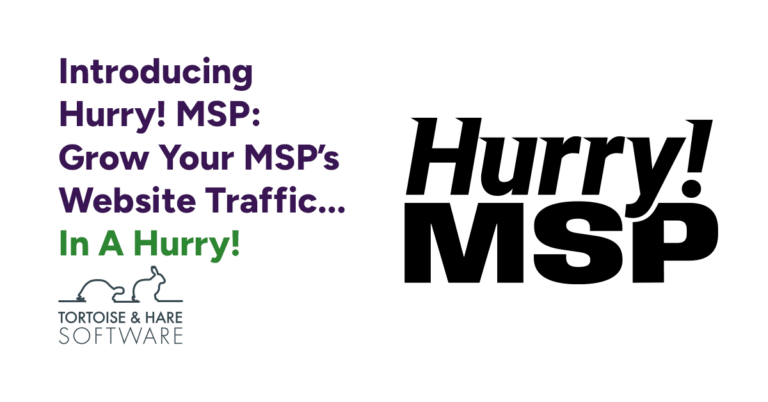
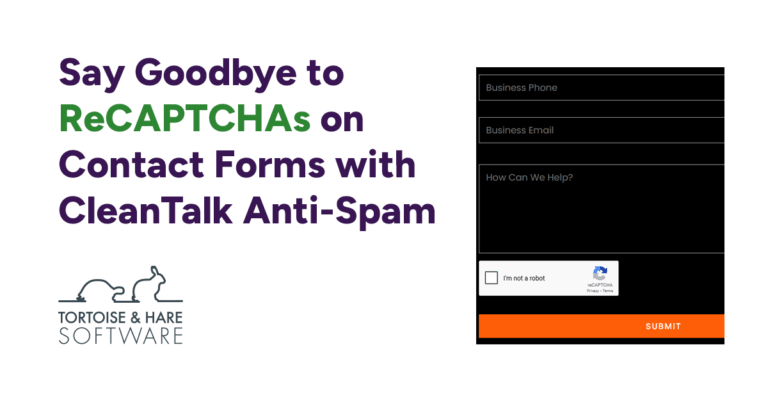
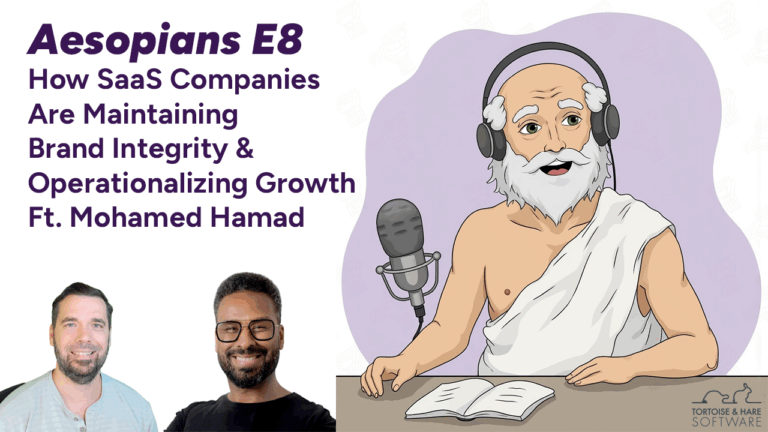
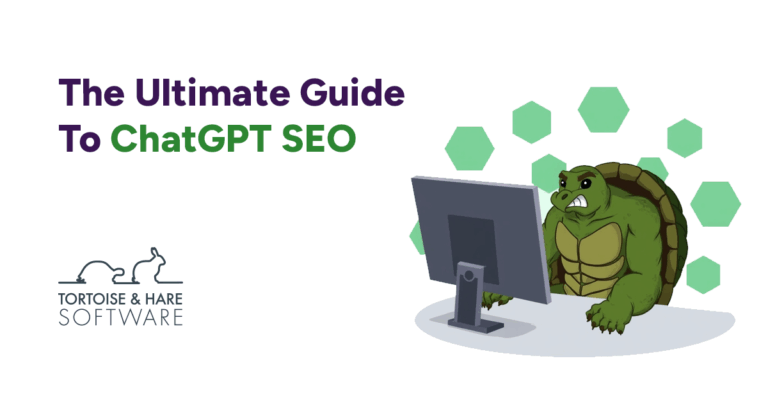
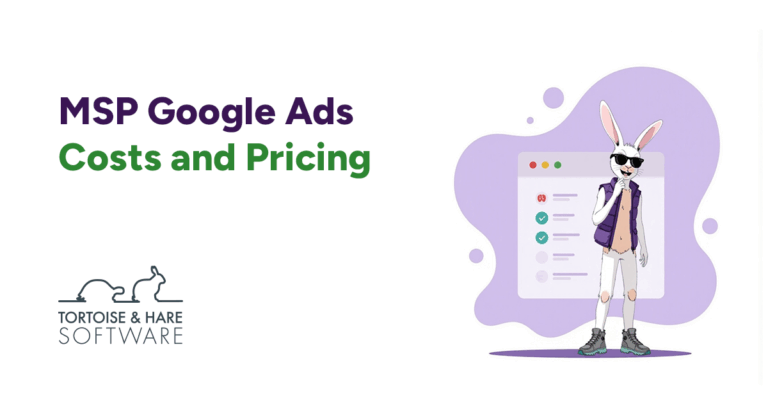
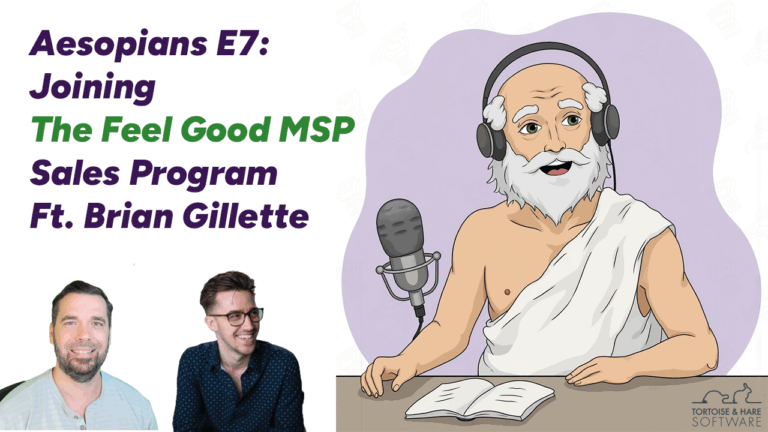
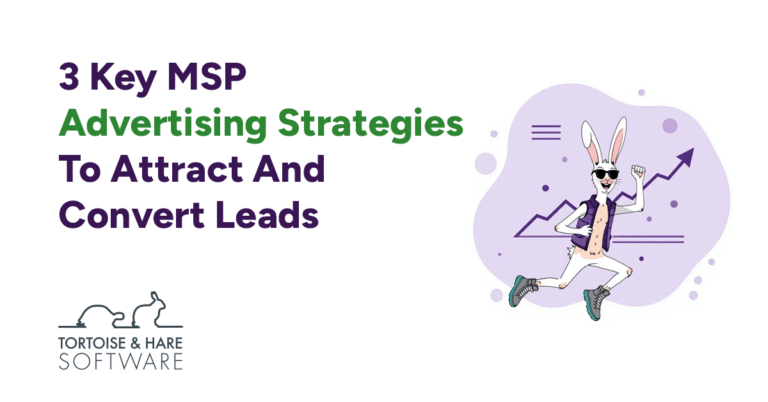
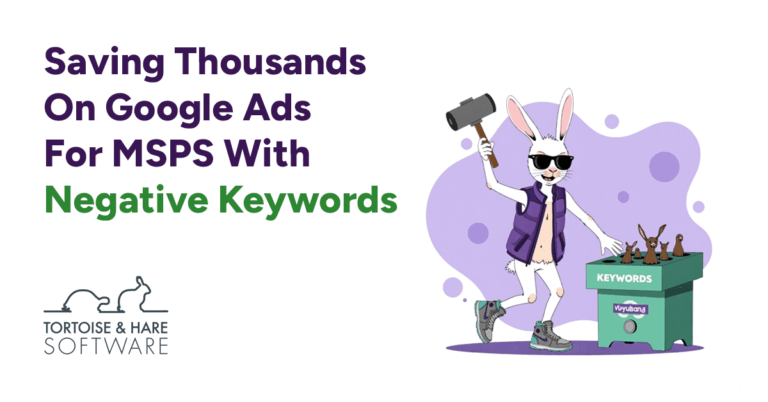
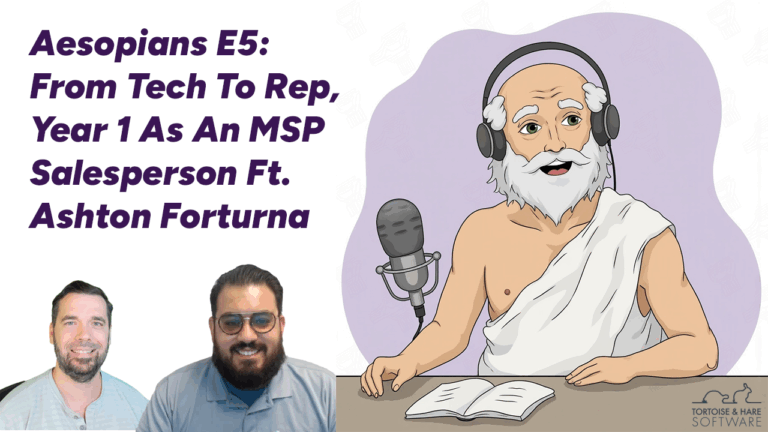
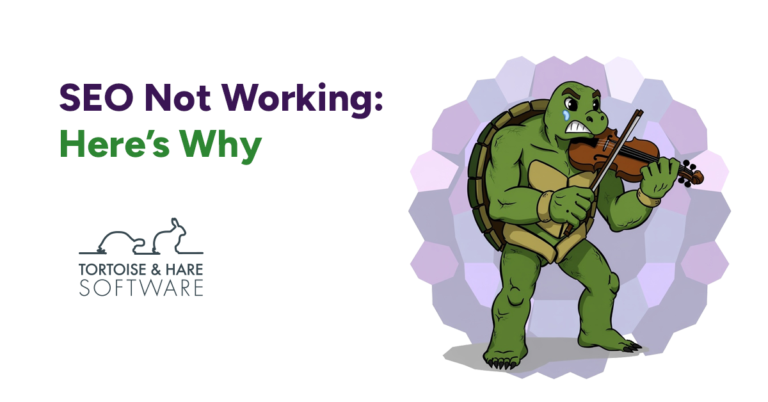
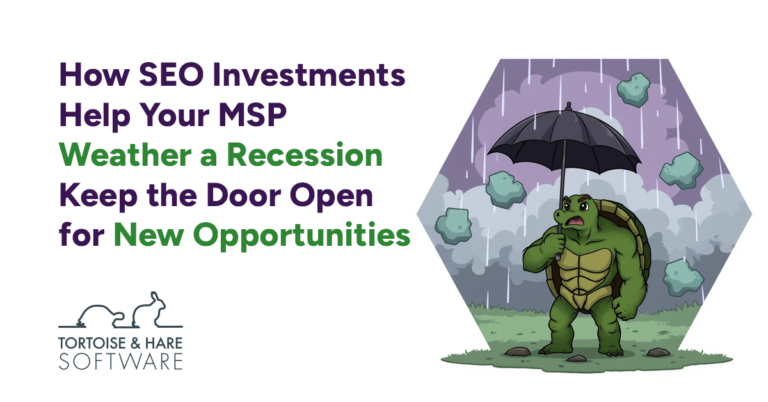
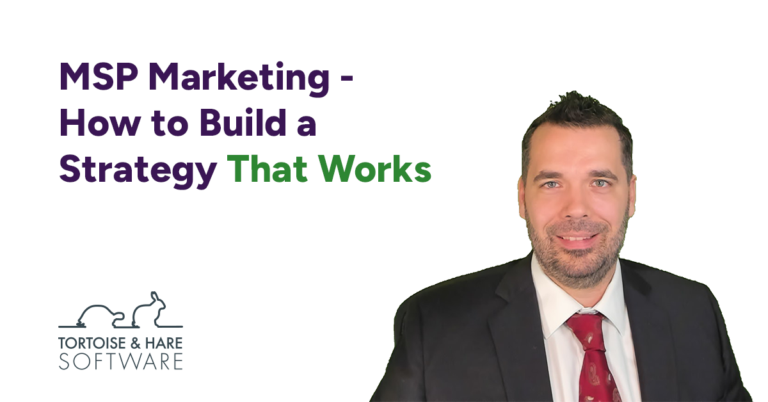
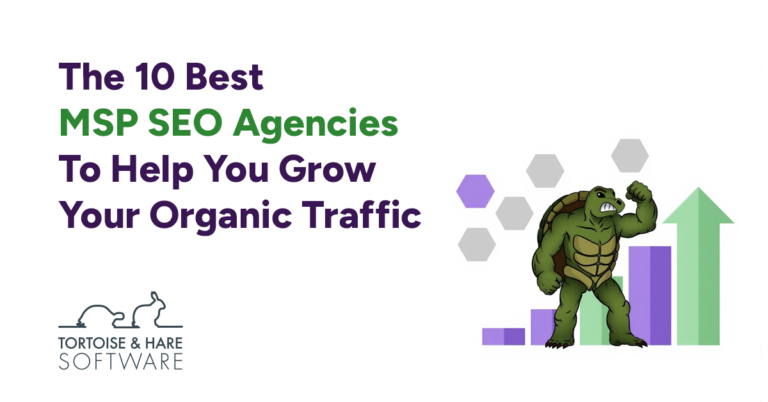
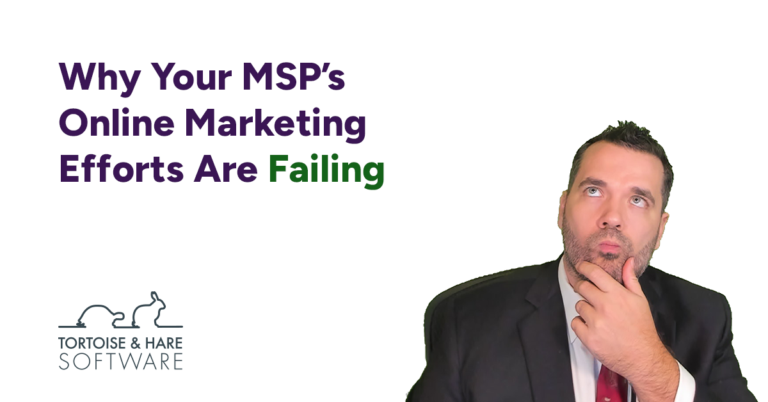
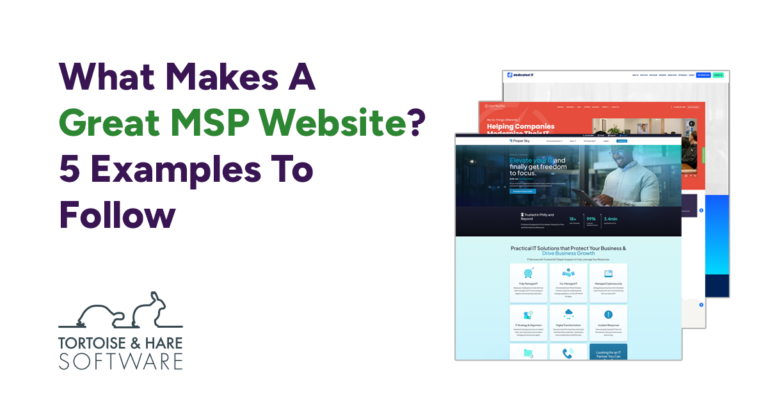
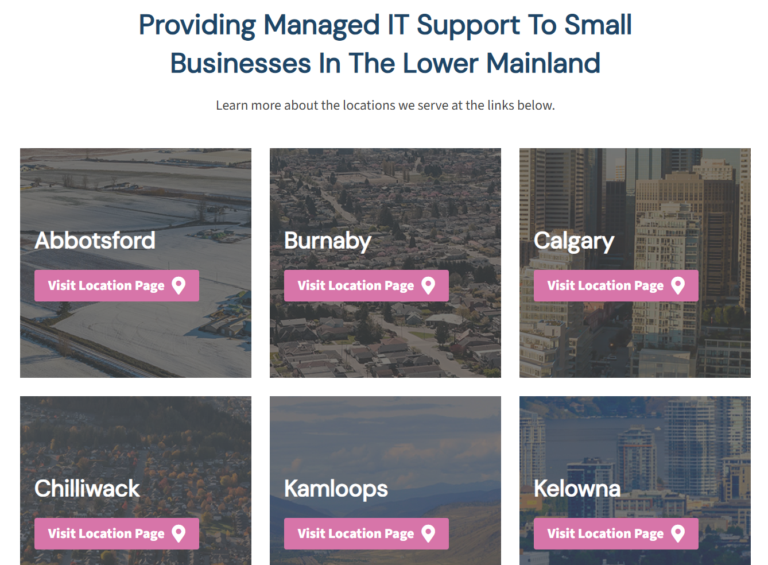
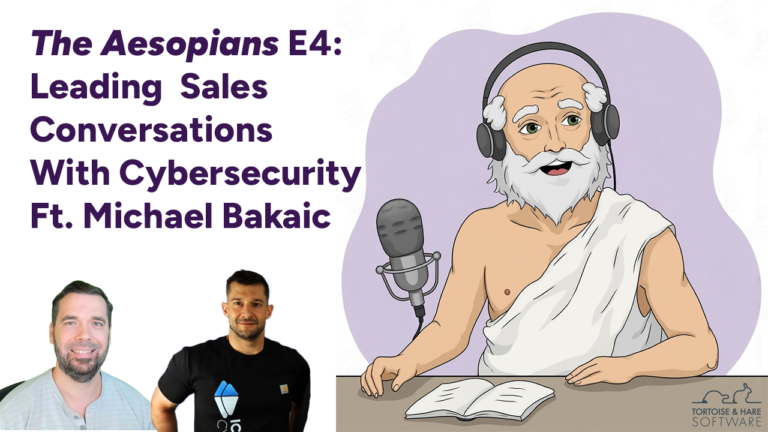






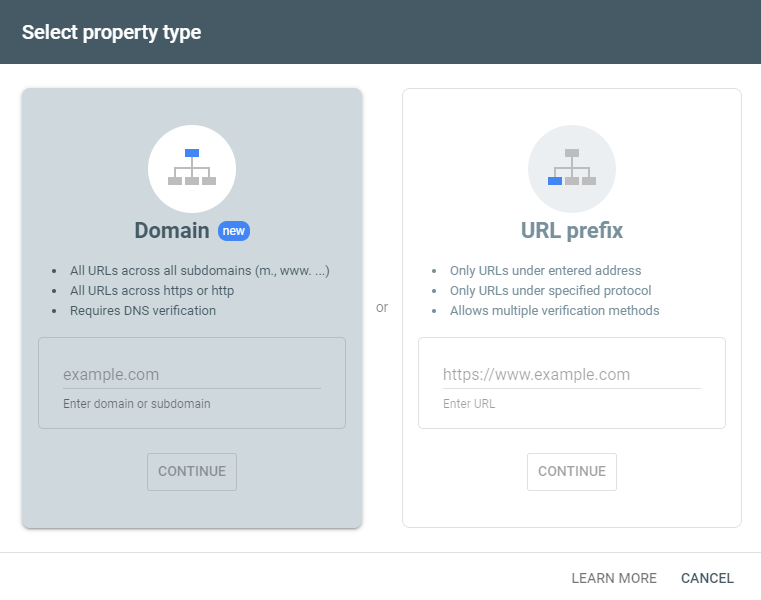
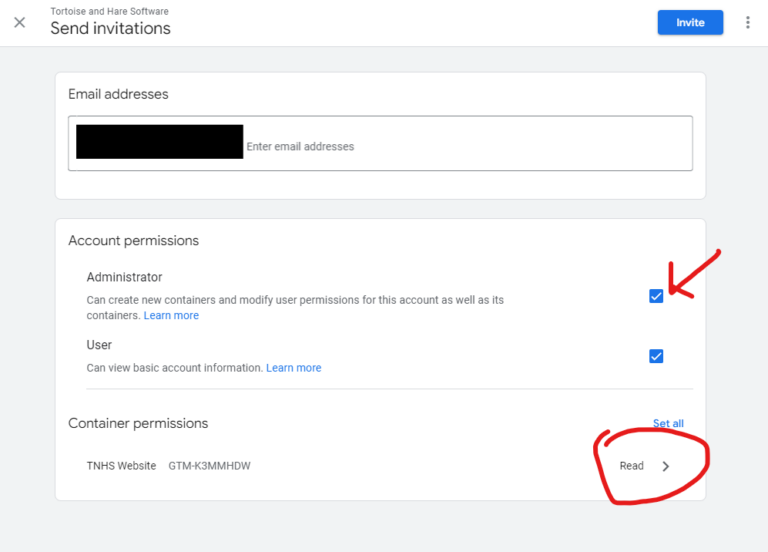





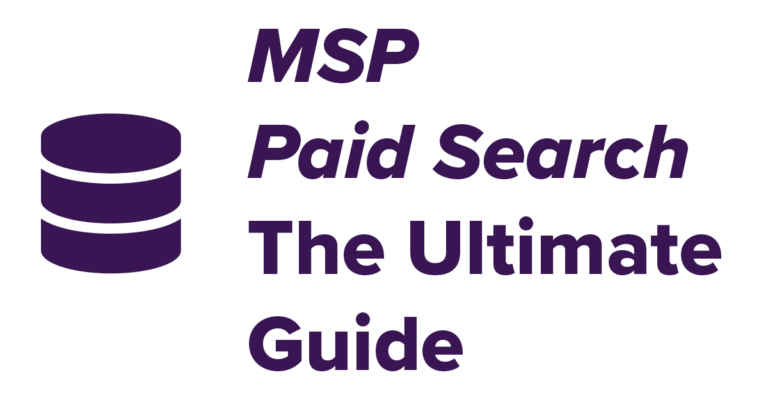
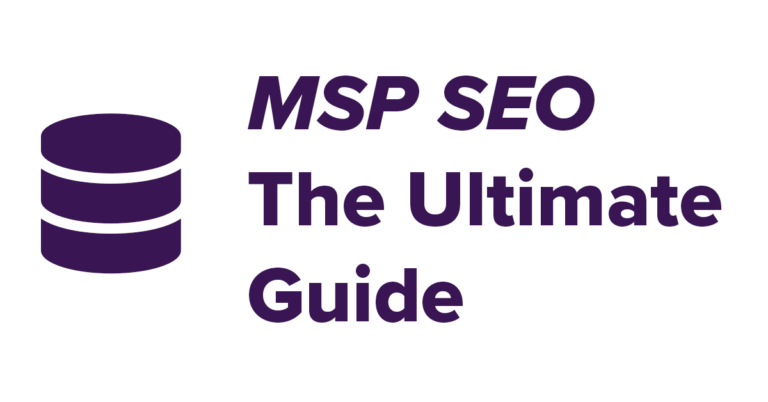


Leave a Comment